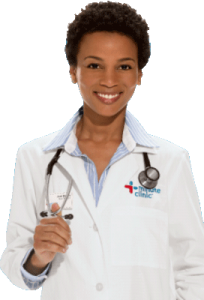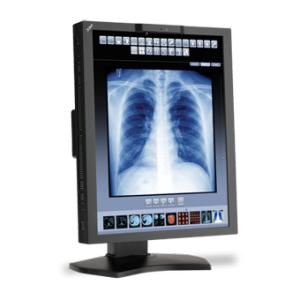Decentralized Health Care
The project address the challenges and offers solutions for medical care in Liberia, making health care accessible to the general public. Medical equipment such as EKGs, Sonogram (Ultrasound) machines and BioCompact Disc (BCD) blood analyzers are essential for quick and accurate blood analysis and healthcare.
The need for more doctors, physician assistants, nurses, and technical support technicians throughout Liberia, but most specifically in the rural regions is apparent. It is clear that children suffer the worst consequences of the poor public health services in Liberia.
The De-centralized Health Care Project provides a plan to de-centralize health care and thus improve medical coverage for a larger segment of the population. By building modern health care clinics stocked with proper equipment, drugs, vaccines, with an emphasis on nutritional, prenatal and pediatric supplies, HIV prevention and education we can make a real difference in Liberian healthcare.
We can build vital healthcare programs for the under-served families in communities, providing trained staff, equipment, and bio-pharmaceutical drugs. The emphasis for these facilities will be pediatric and prenatal care. These clinics will provide community-based education for disease prevention, maintenance, sanitation, and elimination of vectors.
 The facilities will contain new advanced modern medical diagnostic equipment and be linked to an advanced central health care lab and facility in Monrovia. One of the primary goals of this project is to offer healthcare to Internal Displaced People (IDP refugee camps), as well as, the general population.
The facilities will contain new advanced modern medical diagnostic equipment and be linked to an advanced central health care lab and facility in Monrovia. One of the primary goals of this project is to offer healthcare to Internal Displaced People (IDP refugee camps), as well as, the general population.
This program will also include mobile health facilities to offer health care to remote communities throughout the 15 counties of Liberia. Improved health care is vital to the continued survival of children and adults in Liberia.